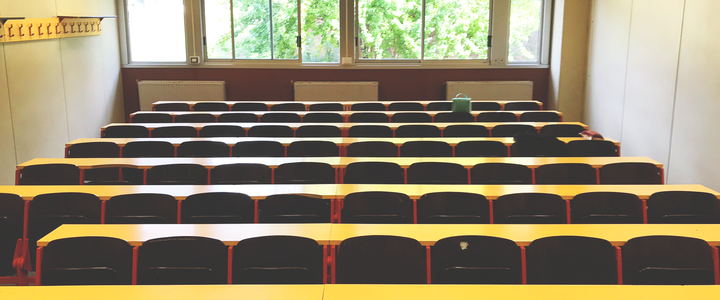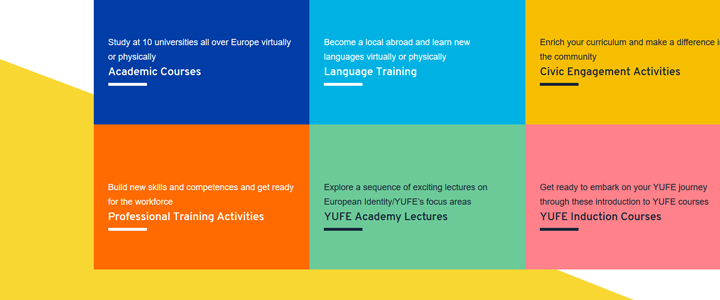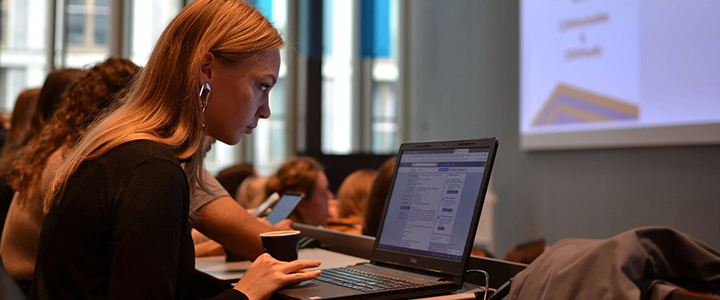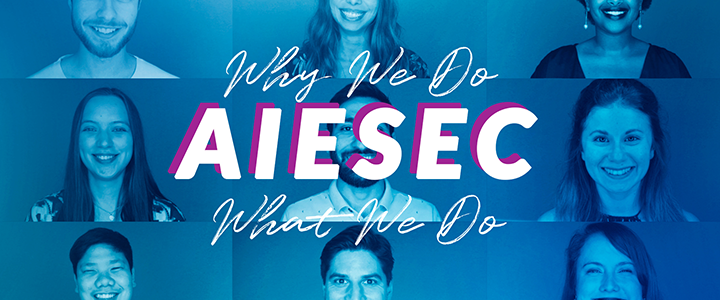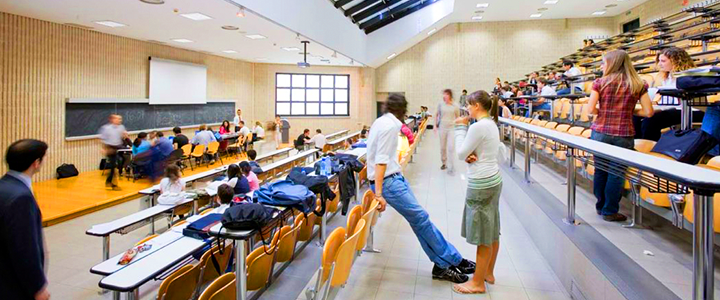Imagine that you could create your own curriculum, choosing from academic courses offered at any of the YUFE universities. You could study, learn a language, do volunteer work, and professional training (virtually) in ten different countries. The information for organising your own individual learning experience will be at your fingertips and all activities and accomplishments will be acknowledged on your YUFE Diploma Supplement and, in the future, on a true European Diploma recognised throughout Europe. You could be part of the first group of students piloting our European University; the Young Universities for the Future of Europe.
Starting on Monday 30 November 2020 YUFE is opening its first version of the YUFE Diploma Supplement Track: The application period is open for 1 (one) week only, or shorter in case 40 students from your university have applied. Applications can be uploaded through the newly launched YUFE Virtual Campus until Sunday 6 December 2020, 23:59 CET. Since this year’s YUFE Diploma Supplement Track is still a pilot programme, we can only allow 40 students from each YUFE university to apply. When the application period is over, a selection committee will select the final 10 students per university based on their eligibility and motivation.
The YUFE Diploma Supplement Track offers you the opportunity to work on obtaining a minimum of 12 credits (ECTS) for academic courses at another YUFE university (via virtual, blended, and/or physical mobility), participate in the YUFE Academy and the induction courses, and take up activities leading up to the YUFE Stars all within a maximum period of 2 years.
YUFE Stars
At YUFE it is important to not only acknowledge your academic performance but also acknowledge your effort in mobility, language learning, professional training, job shadowing, and community volunteering. This is YUFE have created YUFE Stars, an innovative recognition system for activities with specific and personalised learning goals that not only relate to academic education in a European University setting. The YUFE Star System consists of 4 stars: the mobility star, the language star, the professional star and the civic star. They encourage students, staff and learners to pursue personal and professional development, while experiencing the possibility to contribute as individuals to society to activities with a Europe-wide impact.
YUFE Diploma Supplement
Upon completion of your YUFE journey, you will be rewarded with a YUFE Diploma Supplement, on which the YUFE Stars are also recognised.
You can earn the YUFE Diploma Supplement as a YUFE student, after fulfilling the below requirements:
Complete a minimum of 12 ECTS for (online/physical/blended) academic courses at another university in the YUFE Alliance than the university you are currently enrolled at; and
Complete a minimum of 2 YUFE Stars (including at least the Mobility Star); and
Participate in a minimum of 3 lectures from the YUFE Academy; and
Take part in all YUFE’s Induction courses on the YUFE Virtual Campus.
Remember: YUFE Diploma Supplement Track is a pilot activity and as such will be open only for a relatively small number of students.
Apply Now
See YUFE’s FAQ for more information on the YUFE Diploma Supplement Track.
The application process takes place through the YUFE Virtual Campus.


